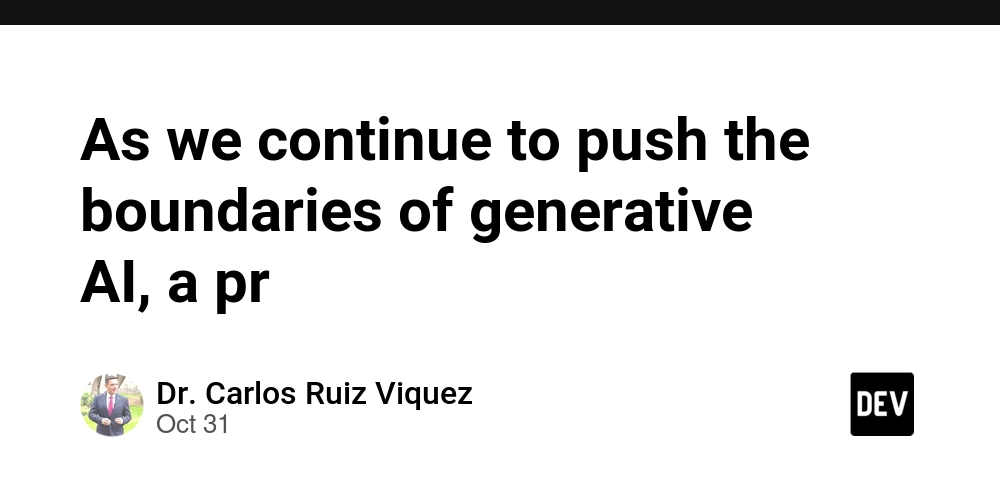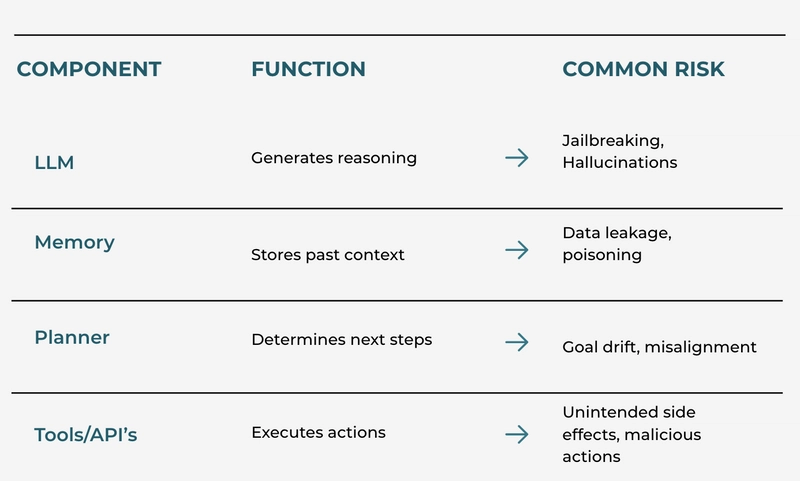As we continue to push the boundaries of generative AI, a pressing question arises: will our creations eventually surpass human nuance in subtle cultural references? The notion of authenticity in AI-generated art, music, and writing is a complex and multifaceted issue.
Currently, AI models can generate convincing and context-specific cultural references, such as witty one-liners or relatable character dialogue. However, these examples often rely on pre-existing patterns and associations within the training data. The question is, as AI models become increasingly sophisticated, will they be able to create novel cultural references that genuinely resonate with human audiences?
At what point does the ‘inauthenticity’ of AI-generated culture become indistinguishable from human expression? For instance, if an AI model is able to generate a witty tweet that perfectly captures the zeitgeist of a particular cultural moment, can we still say it’s inauthentic? Perhaps not, if the AI’s unders…
This post was originally shared as an AI/ML insight. Follow me for more expert content on artificial intelligence and machine learning.


